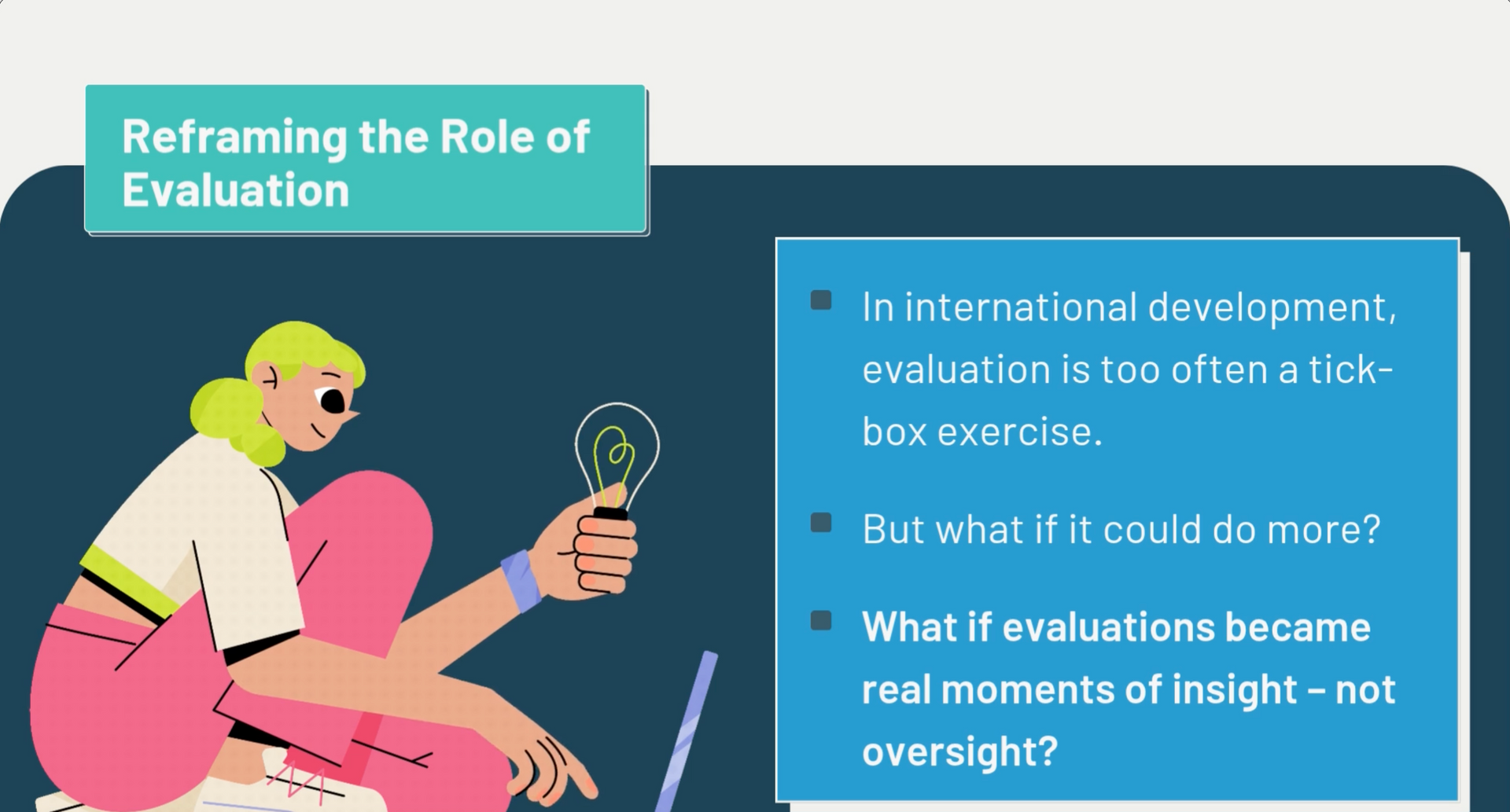International Seabed Authority
The ISA's contribution to the achievement of the 2030 Agenda for Sustainable Development: a review (2021)
OpenCities was commissioned by the Secretary General of the International Seabed Authority to review the contribution of the International Seabed Authority (ISA) to the achievement of the United Nations’ 2030 Agenda for Sustainable Development and its constituent Sustainable Development Goals (SDGs). The Review was timed to contribute to international efforts to track progress at the halfway point between the framing of the SDGs in 2015 and the 2030 deadline for their achievement.
The ISA Strategic Plan for 2019-2023 explicitly recognises the importance of ISA contributing to the timely and effective implementation of the Sustainable Development Goals (SDGs), in particular Goal 14. ISA’s High-Level Action Plan for 2019-2023 specifically identifies one indicator to enable ISA to assess its progress towards meeting this objective (performance indicator 1.1).
ISA was established under the United Nations Convention on the Law of the Sea of 10 December 1982 (UNCLOS) and the Agreement relating to the Implementation of Part XI of the United Nations Convention on the Law of the Sea (the 1994 Agreement) as the organization through which States Parties to UNCLOS organize and control all mineral-resources-related activities in the Area for the benefit of mankind as a whole. (The international seabed area, known as the “Area”, the part under ISA jurisdiction, is the seabed and ocean floor and its subsoil, beyond the limits of national jurisdiction, i.e., beyond the continental shelf. The Area represents around 50 percent of the total seabed of the world’s oceans.In so doing, ISA has the mandate to ensure the effective protection of the marine environment from harmful effects that may arise from deep-seabed related activities.
The scope of the Review encompassed the role and mandate of ISA under UNCLOS and the related 1994 Agreement, including ISA’s core functions and its voluntary commitments. ISA comprises 168 Members (167 States and the European Union) and has granted observer status to more than 90 observers including 30 Observers States, 32 UN agencies and intergovernmental organizations (IGOs) and 30 Non-governmental organizations (NGOs). The principal organs of ISA are the Assembly, Council and Secretariat, each with specific responsibilities; the report looked at the contribution of ISA as a whole, including all of its organs and their subsidiary bodies and its Members acting collectively.
The report was based on an analysis of documentary evidence, along with interviews with experts from a broad range of backgrounds. It concluded with some suggestions for ISA on possible opportunities for strengthening ISA’s contribution to the SDGs. The report was written primarily for ISA Members, observers, and implementing partners, including United Nations (UN) agencies, other intergovernmental organizations (IGOs), and contractors. However it is likely relevant for other audiences interested in progress towards the SDGs.
The review was undertaken in several stages. OpenCities first reviewed ISA’s strategies and results frameworks to clarify what ISA intends to achieve in relation to the SDGs, as set out in its formal planning processes (Strategic Plan and High-Level Action Plan for 2019-2023). Recent changes in ISA’s operating context were then reviewed, to determine whether and how such changes might affect how ISA operates to deliver against its priority SDGs. Internal and external documents were reviewed to collect examples of ISA’s contribution, as well as critiques relating to risks that might undermine ISA’s achievements in relation to the SDGs. Partnerships were a particular area of analysis in considering how ISA contributes to the 2030 Agenda. Stakeholder interviews were used to explore issues emerging from the documentary evidence, and provided an opportunity to compare perspectives on some contested issues. Mini case studies helped illustrate different dimensions of ISA’s contribution to the SDGs in more detail.
Finally, the review findings and tentative recommendations were tested with the Group of Experts established by the ISA Secretary-General. These leading independent voices in their fields, many of whom were also interviewed for the report, gave valuable advice on the trade-offs, risks, and opportunities facing the ISA in contributing to the SDGs. All the Experts, who are listed in Annex 2, are recognized internationally for their contribution to one or several elements by the SDGs and the work of ISA. The report authors are grateful for the experts’ support in strengthening the analysis underpinning this review and in deriving applicable conclusions and recommendations from it.
In his introduction to the published report, the Secretary General said: ‘It was a pleasure to work with the team from Open Cities, who acted as our consultants on this project.’ The ISA went on to note that: ‘The report is the result of an independent assessment undertaken by a consultant, OpenCities, selected through a global recruitment process. The Secretariat wishes to commend OpenCities on its work.




